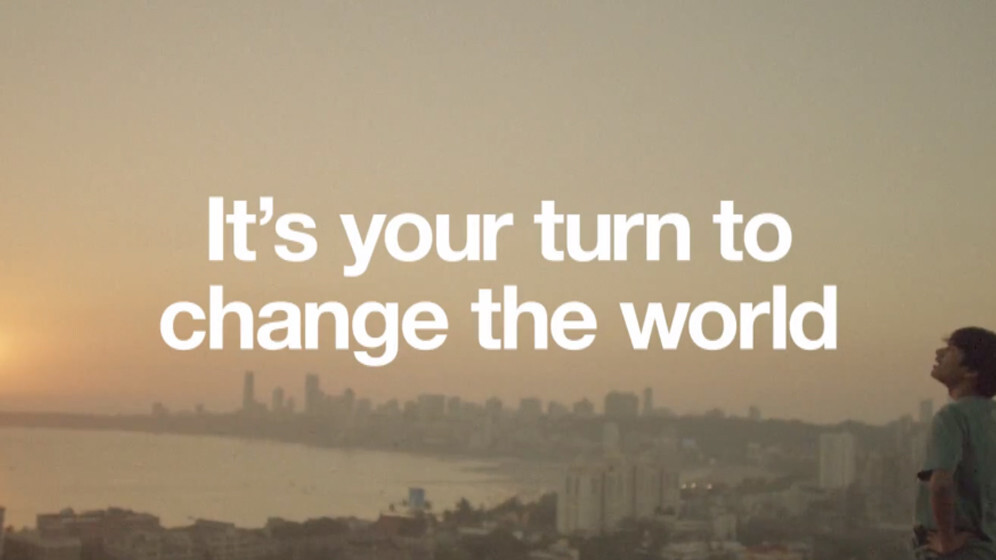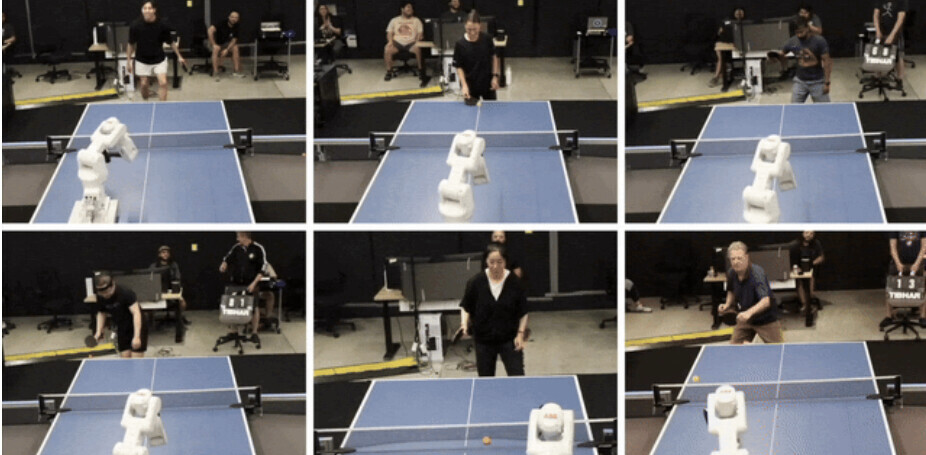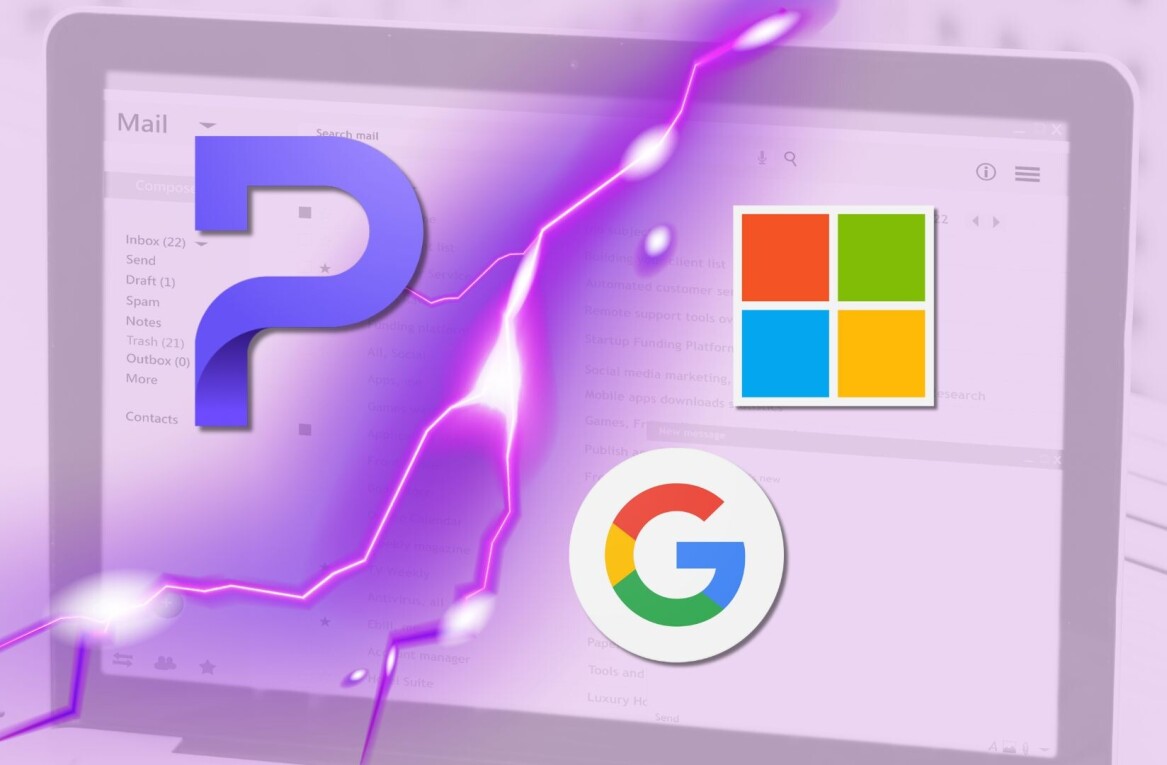
Google Science Fair 2013, the technology giant’s third international competition focused on finding the brightest and most revolutionary teenagers, has launched online today and started accepting submissions.
The event has been organized by Google in partnership with CERN, LEGO, National Geographic and Scientific American. Students aged 13 to 18 have a little more than 90 days to register and submit an in-depth investigation of a question or engineering problem, using a sound scientific method or engineering process.
Users can register through the Google Science Fair website, although they’ll also need the consent of a guardian. Users will then be taken to an online dashboard where they can draw up, submit and continue editing their project up until the first deadline on April 30, 2013.
The best submission will be awarded the grand prize, which includes a 10 day trip to the Galapagos Islands – courtesy of National Geographic Expeditions – whereby the student(s) will travel aboard the National Geographic Endeavour and see exotic species such as flightless cormorants, blue footed boobies (no laughing now), and domed giant tortoises up close and personal.
The grand prize also includes a Google scholarship worth $50,000, which can be used to further the students’ education in any way they like, digital access to Scientific American and a grant worth $10,000 for the students’ school, a hands-on experience at either CERN, LEGO or Google, as well as a Mindstorms LEGO set signed by CEO Jørgen Vig Knudstorp himself.
It’s an incredible prize, although there will also be a handful of age category winners, who will receive a slightly smaller, but no less impressive reward that includes a $25,000 Google scholarship, as well as the aforementioned custom LEGO set, hands-on experience and digital access to Scientific American for their school.
Scientific American is also sponsoring a new category, called Science in Action, that will award $50,000 to a project that tackles an environmental, health or resources issue. It follows the Inspired Idea Award, which will be given to the submission with the greatest potential to change the world.
The submissions will be overseen by fifteen judges, who will examine each submission across eight different sections of their project site; Summary, About Me, Proposal, Research, Method, Results, Conclusion and Bibliography.
Google will be revealing 90 regional finalists – 30 from the Americas, 30 from Asia-Pacific and 30 from Europe, the Middle East and Africa – in June. Later that month, the judges will pick the 15 finalists, who will then be flown to Google’s headquarters in Mountain View, California for the finale event on September 23.
Get the TNW newsletter
Get the most important tech news in your inbox each week.





